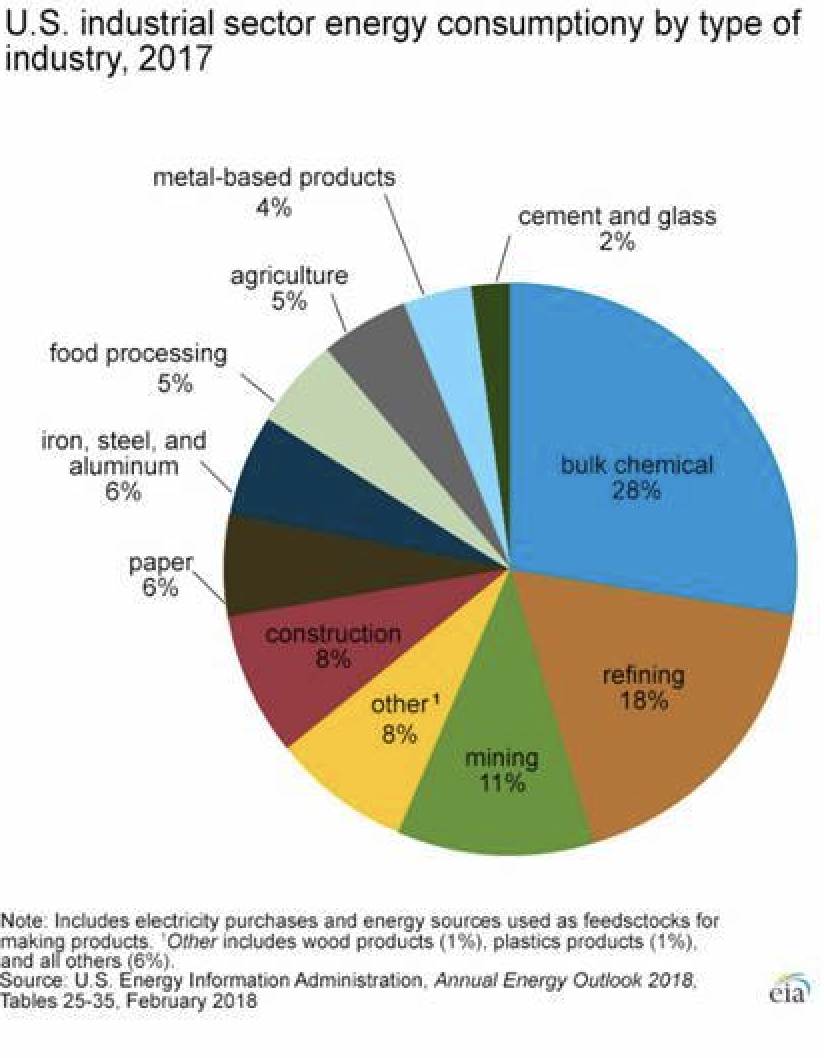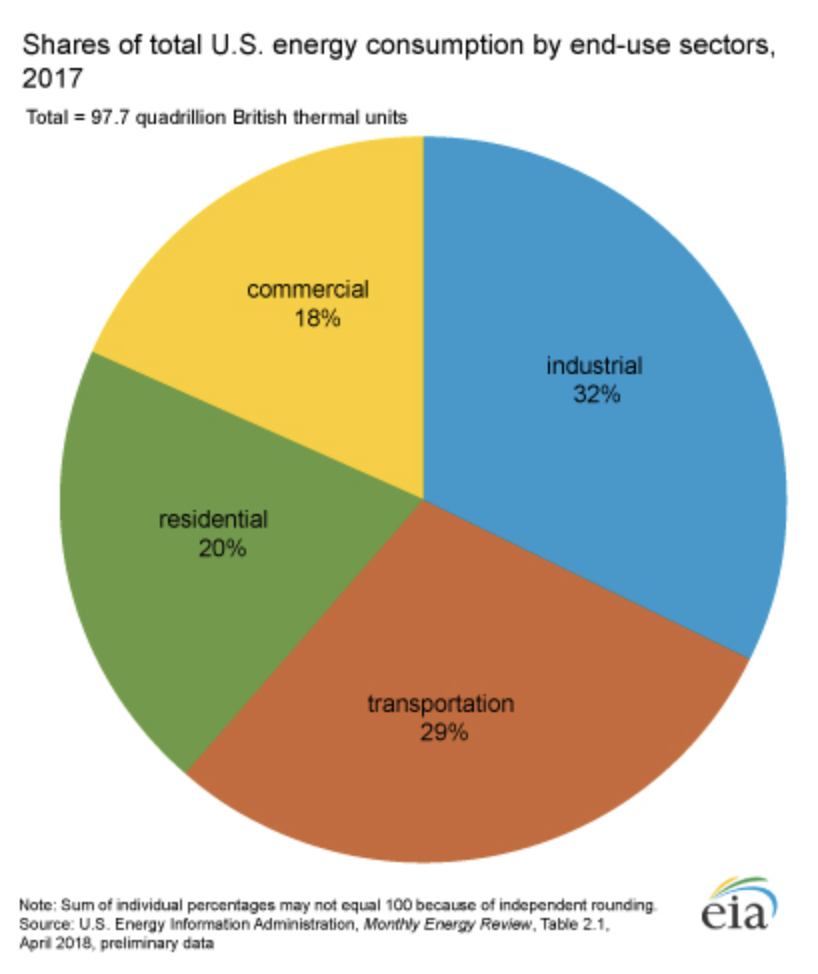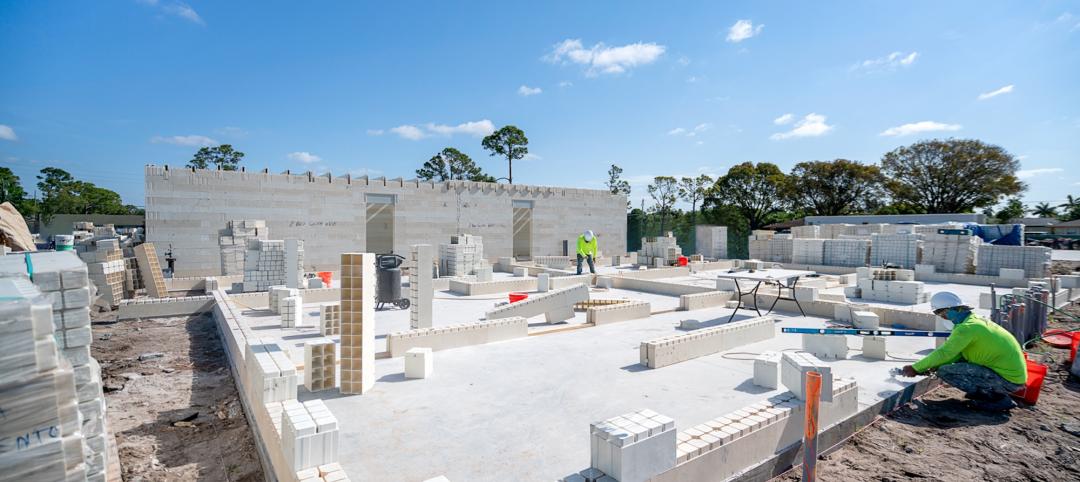Today is Earth Day, and this morning, Turner Construction made public an ambitious program that could burnish its standing as a green builder.
This three-pronged initiative starts with Turner reaffirming its commitment, made in 2004, to “build green.” Over the past 15 years, Turner has worked on more than $60 billion of green building projects. The company has 1,500 LEED-accredited employees. It now diverts, on average, 75% of jobsite waste from landfills. And three years ago, it formed a National Sustainability Committee, currently comprised of 16 people who look for innovative strategies to apply to the company’s various projects.
Turner is taking this commitment to another level today, as it will monitor the activities on certain jobsites to see where water and energy consumption can be lowered. It has selected 30 projects, across different building typologies, to participate in a pilot program that, over the next 18 months, will meter those projects on all forms of C02 emissions and water use, including onsite fuel use.
The company will compile these data through the end of 2020, it which point it hopes to have a normalized average for emissions and water use per building. Using those averages, Turner will then devise a strategy to reduce water and energy use by 50% on all of its projects by 2030. (To see images of a project being metered—the Natural Resources Agency headquarters for the California Department of General Services, in Sacramento, Calif.—go to https://app.oxblue.com/open/Turner/NNRHPROJECT)

Construction activities account for 8% of industrial sector's energy use. Turner is monitoring select jobsites to determine how they can reduce water and energy use. Image: U.S. Energy Information Administration
The company also has about 40 sustainability managers who provide technical support and guidance to its regional offices. They are “our green ambassadors,” and “eyes and ears on the ground,” says Julia Gisewite, whom Turner promoted to Director of Sustainability last September. Gisewite is spearheading the company’s initiative with Tom Gerlach, an Executive Vice President who has been with Turner Construction since 1977; and Peter Davoren, the company’s President and CEO.
The third pillar of Turner’s initiative focuses on resilience. Turner is responding to the threats from natural disasters such as flooding and fires that “are getting bigger and bigger,” and “are becoming more intense,” says Christopher McFadden, a company spokesman. He explains that Turner is now looking closer at the welfare and safety of its workers under those conditions, as well as “the range of resilience for the built environment,” with the goal being to develop ways that it can strengthen buildings’ resistance.

The built environment continues to be a massive energy user. Image: U.S. Energy Information Administration
“We want to be a voice at the table, and a stronger, better partner,” especially during preconstruction discussions with owners, developers, and AEC partners. Gisewite adds that Turner has started to insinuate resilience and resource awareness into its orientation of workers and subcontractors.
Getting back to its construction activities, Turner already has some baseline data: its annual Turner Green Zone survey, which it has conducted for the last seven years, and which guides how the company sets up its offices. That survey “has given us the confidence to move forward” with its initiative, says McFadden.
Gisewite says that some of the activities monitored will be “low-hanging fruit,” like turning off lights and equipment in jobsite trailers every night. She adds, too, that Turner is now committed to installing LEDs for those sites’ temporary lighting.
“We’re looking at what we can control,” says McFadden.
Gisewite envisions holding meetings with subcontractors and suppliers about jobsite efficiency. Nothing’s been scheduled yet, but she expects these meetings will most likely happen regionally, and some could also be project-by-project.
The Turner execs agree that technology will play a role in the company’s program. “The conversation around carbon has elevated so quickly,” she says, “and I’m most excited about the technology” that might provide answers. McFadden adds that Turner recently completed its 5th annual Innovation Summit, and that its jobsites are already using augmented and virtual reality tools to help reduce waste by using fewer materials.
He recalls that in the early 1900s, Turner Construction made a name for itself by building with steel-reinforced concrete as an alternative to lumber at a time when wood-made factories were burning down. Today, that same mentality of taking the lead is what’s driving Turner’s environmental stewardship as well as efforts to make buildings better able to withstand the ravages of nature.
“We’re asking ‘what can we be doing?’ because we should be doing more,” McFadden says.
Related Stories
Adaptive Reuse | May 15, 2024
Modular adaptive reuse of parking structure grants future flexibility
The shift away from excessive parking requirements aligns with a broader movement, encouraging development of more sustainable and affordable housing.
MFPRO+ News | May 10, 2024
HUD strengthens flood protection rules for new and rebuilt residential buildings
The U.S. Department of Housing and Urban Development (HUD) issued more stringent flood protection requirements for new and rebuilt homes that are developed with, or financed with, federal funds. The rule strengthens standards by increasing elevations and flood-proofing requirements of new properties in areas at risk of flooding.
K-12 Schools | Apr 30, 2024
Fully electric Oregon elementary school aims for resilience with microgrid design
The River Grove Elementary School in Oregon was designed for net-zero carbon and resiliency to seismic events, storms, and wildfire. The roughly 82,000-sf school in a Portland suburb will feature a microgrid—a small-scale power grid that operates independently from the area’s electric grid.
Resiliency | Apr 22, 2024
Controversy erupts in Florida over how homes are being rebuilt after Hurricane Ian
The Federal Emergency Management Agency recently sent a letter to officials in Lee County, Florida alleging that hundreds of homes were rebuilt in violation of the agency’s rules following Hurricane Ian. The letter provoked a sharp backlash as homeowners struggle to rebuild following the devastating 2022 storm that destroyed a large swath of the county.
Codes and Standards | Apr 8, 2024
Boston’s plans to hold back rising seawater stall amid real estate slowdown
Boston has placed significant aspects of its plan to protect the city from rising sea levels on the actions of private developers. Amid a post-Covid commercial development slump, though, efforts to build protective infrastructure have stalled.
Codes and Standards | Mar 18, 2024
New urban stormwater policies treat rainwater as a resource
U.S. cities are revamping how they handle stormwater to reduce flooding and capture rainfall and recharge aquifers. New policies reflect a change in mindset from treating stormwater as a nuisance to be quickly diverted away to capturing it as a resource.
Building Tech | Feb 20, 2024
Construction method featuring LEGO-like bricks wins global innovation award
A new construction method featuring LEGO-like bricks made from a renewable composite material took first place for building innovations at the 2024 JEC Composites Innovation Awards in Paris, France.
Sponsored | BD+C University Course | Jan 17, 2024
Waterproofing deep foundations for new construction
This continuing education course, by Walter P Moore's Amos Chan, P.E., BECxP, CxA+BE, covers design considerations for below-grade waterproofing for new construction, the types of below-grade systems available, and specific concerns associated with waterproofing deep foundations.
Concrete | Jan 12, 2024
Sustainable concrete reduces carbon emissions by at least 30%
Designed by Holcim, a building materials supplier, ECOPact offers a sustainable concrete alternative that not only meets, but exceeds the properties of standard concrete.
Roofing | Jan 8, 2024
Researchers devise adaptive roof tile concept that adjusts to ambient temperatures
Scientists at the University of California Santa Barbara published a paper that proposes adaptive roof tile technology that can adjust to ambient temperatures. Using a wax motor, tiles could switch from a heating or cooling state enabling savings on heating and cooling costs.
















